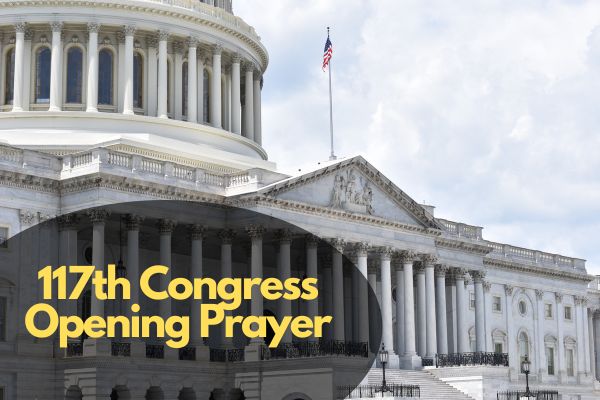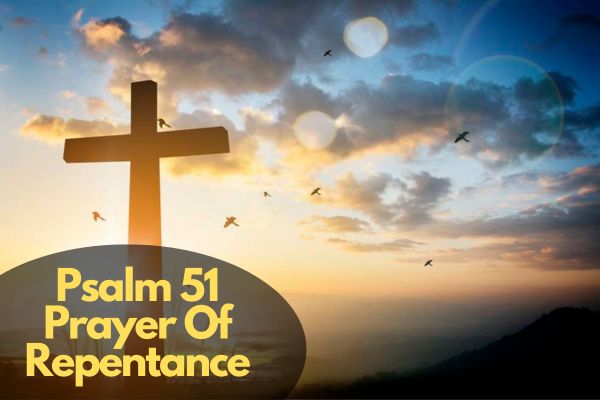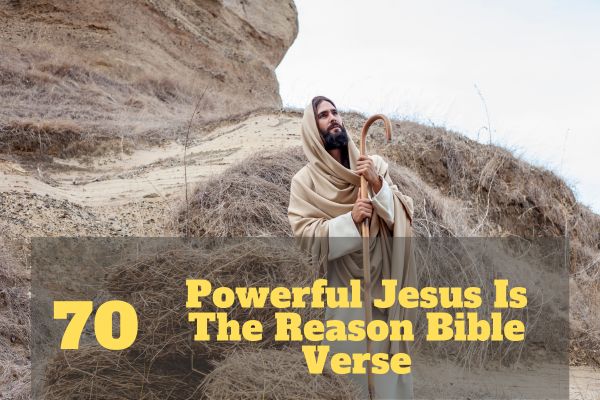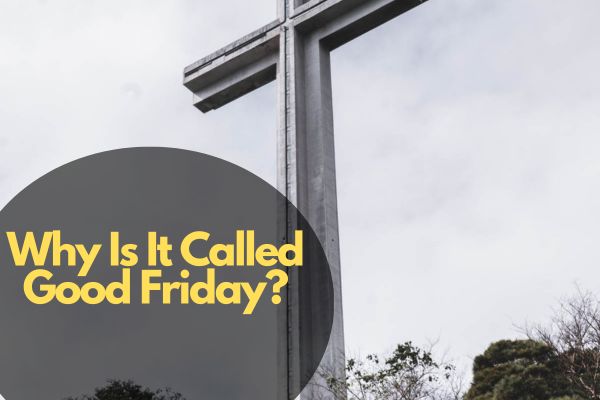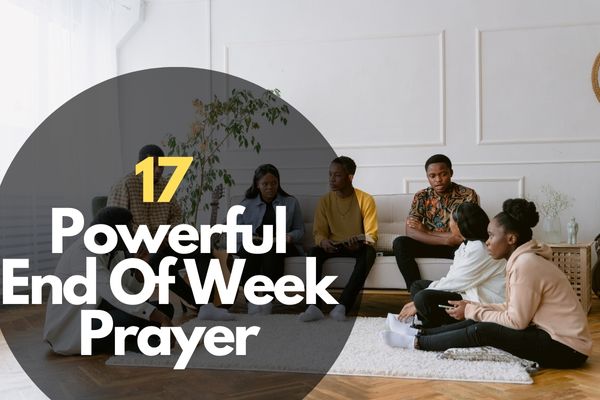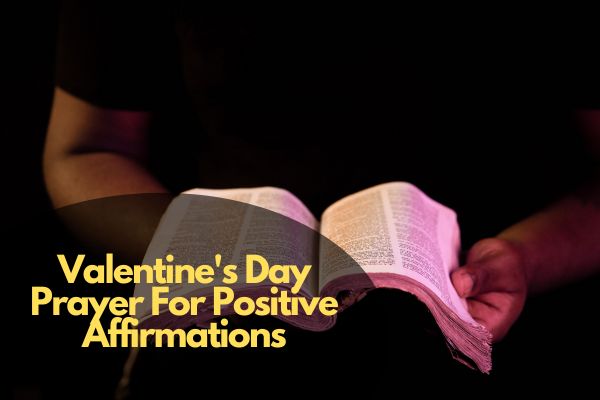The 117th Congress opening prayer marked a significant moment in the nation’s legislative history, setting the tone for the challenges and opportunities that lay ahead. As the United States grappled with a range of issues, from the ongoing global pandemic to pressing social and economic concerns, the invocation carried a weighty responsibility in guiding the proceedings. In this article, we delve into the nature and impact of the opening prayer that accompanied the commencement of the 117th Congress.
117th Congress Opening Prayer
The first day of the 117th Congress in 2021 wasn’t just about policy announcements and committee assignments. It was a day marked by a prayer that sparked national conversation and continues to resonate as a symbol of inclusivity and religious diversity in American politics.
Delivered by Congressman Emanuel Cleaver (D-MO), the 117th Congress opening prayer broke the traditional mould in several ways. Here’s a closer look:
Breaking Barriers
- Interfaith Inclusion: Instead of focusing solely on a Christian God, Cleaver invoked “the God of Abraham, Isaac, Ishmael, Hagar, Jesus, the Christ, Muhammad, the Prophet, Guru Nanak, Buddha, and countless others whose names are etched in history and embedded in the fabric of our world.” This acknowledgement of diverse faith traditions resonated with those who felt excluded by past prayers’ Christian focus.
- A New “Amen”: Cleaver concluded not with the customary “amen,” but with “amen and awomen,” a deliberate reworking to include women and those who identify beyond the gender binary. This gesture, while hailed as inclusive by some, faced criticism from those who saw it as a challenge to traditional religious language.
Unity in Diversity
The 117th Congress, like its predecessors, is a microcosm of the nation it serves. Lawmakers bring diverse backgrounds, experiences, and ideologies to the table. The opening prayer likely emphasized the importance of finding common ground amid this diversity, underscoring the shared commitment to the principles that underpin the democratic process.
The Debate Unfolds
- “Appropriate” vs. “Inappropriate”: Critics, primarily from conservative circles, argued that the prayer was inappropriate for a government setting, claiming it pushed personal beliefs into public space. Others, including religious leaders, defended it as a reflection of America’s religious pluralism and a call for inclusivity.
- Balancing Faith and Public Life: The debate surrounding the prayer highlighted the ongoing tension between faith and public life in the United States. While the First Amendment guarantees freedom of religion, it also prohibits the establishment of a state religion. The 117th Congress opening prayer pushed these boundaries, raising questions about how to navigate faith in a diverse and complex society.
A Lasting Impact
- Symbol of Inclusivity: Despite the controversy, the prayer remains a potent symbol of the ongoing effort to create a more inclusive space for all faiths in the public sphere. It serves as a reminder that religious diversity is a reality in America, and that respect for all faiths is essential for a functioning democracy.
- Continuing Conversation: The questions raised by the 117th Congress opening prayer continue to resonate today. It prompts us to consider how we can ensure that all faiths feel welcome and respected in the public square, while also navigating the boundaries between personal beliefs and the responsibilities of government officials.
